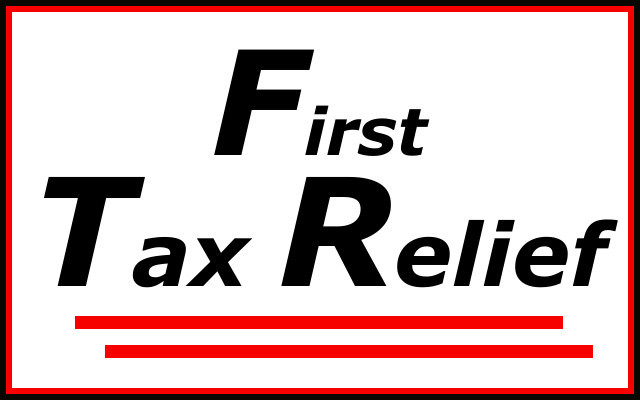I hope your Thanksgiving weekend was as filling as mine. I’m still enjoying the leftovers! In my opinion, that is one of the very best things about the holiday … that, and all of the political conversations around the table.
Whoops. I’m kidding about that last part.
Anyway, speaking of leftovers, part of the process of digging out from under debt to the IRS, and from any federal debt, is getting rid of the negative marks on your credit — specifically getting rid of LIENS.
How To Remove An IRS Tax Lien By First Tax Relief
“You can’t cross the sea merely by standing and staring at the water.” – Rabindranath Tagore
Federal liens definitely hurt your credit — just like any other kind of defaulted financial obligation. But unlike other forms of debt, the federal tax lien CAN remain on your credit report, well … forever.
That’s why we’re here. To help fix that problem for Cleveland folks who need help.
The Power of the Feds
As I mentioned, unpaid federal tax liens can remain on your credit report forever — in theory. When the IRS cannot collect its debt by placing a lien on your bank account or other assets, it can (by law) continue to report and maintain this negative information on your report for as long as it wishes.
In practice, however, the government will stop reporting this after a certain (unknown) period of time has passed — often 7-15 years or so. But still, this is a painful problem, which is why we want to get that lien moved over into the status of…
The Paid Tax Lien
Without taking action, even a paid lien can show up on your credit report for up to seven years after it has been satisfied. It is not something they remove very swiftly on their own. Which is why we would want to make a formal request on your behalf.
To make this request, we use IRS Form 12277. For your form to be considered and approved, you must meet several important criteria in regards to your tax debt. These criteria include:
1) The tax obligation has been paid or negotiated away;
2) You are in compliance for the past three years in filing — all individual returns, business returns and information returns; and
3) You are current on your estimated tax payments and federal tax deposits, as applicable.
Another way to get this handled is by entering into an installment agreement with the IRS, which requires that:
- You owe less than $25,000 in back taxes
- The installment agreement can be paid off in 60 months or sooner
- You are current with your taxes and payments from the past three years
- You have made (at least) three on-time payments on your current tax debt
- You have not previously defaulted on an IRS installment agreement
So … look. This can be a bit overwhelming, and navigating federal forms and procedures isn’t for the faint of heart.
And I’m not meaning to imply that YOU are faint of heart, but simply that this is the sort of thing we routinely handle on behalf of our Cleveland clients.
So if you are fighting against liens, old debts and the problems of the past, let us help you.
It’s what we’re here for.
Talk again soon.
Warmly,
Rich Rhodes
(833) Low-Taxx
First Tax Relief






